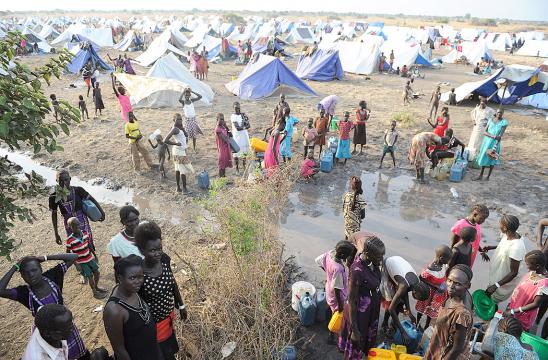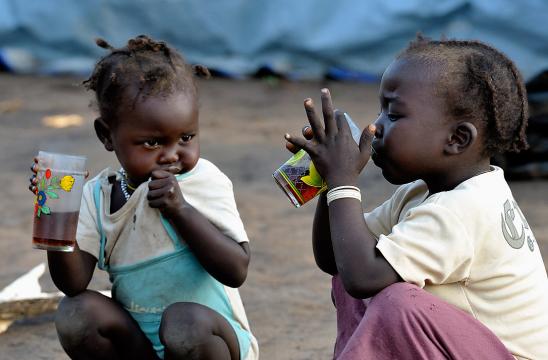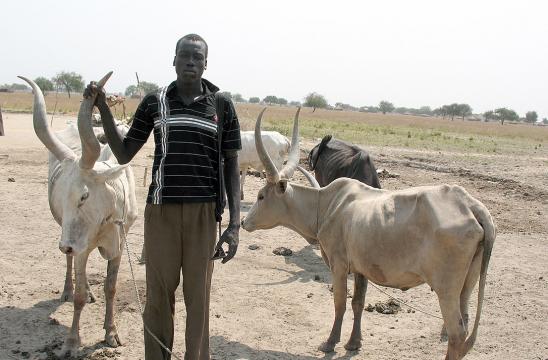LWF has been active in South Sudan since the 70s, then operating from Kenya and Uganda. In 2007 the country program was restarted with a focus on assisting refugees and IDPs in Lakes and Jonglei states, before expanding to refugee assistance in 2012.
LWF has been active in South Sudan since the 70s, then operating from Kenya and Uganda. In 2007 the country program was restarted with a focus on assisting returnees, Internally Displaced Persons (IDPs) and hosts in Lakes and Jonglei states, before expanding to refugee assistance in 2012. In Upper Nile and Unity State, we focus on protection and psychological support for children affected by conflict in the refugee camps of Maban. In Jonglei state, we are assisting in emergency response, disaster risk management and livelihood support.

The state is located in the North East of the country and inhabited by more than ten different ethnic communities. It shares borders with Jonglei State to the South and Unity to the North West, and also borders Sudan and Ethiopia. LWF is present in Maban county, home to more than 127,000 Sudanese refugees mainly from the Blue Nile state of the Republic of Sudan. We deliver education and child protection assistance to refugees and host communities. Over 15,000 youth and children benefit from LWF support in Maban.
Unity State is located in the North along the Sudan-South Sudan border. It borders the Southern Kordofan State in Sudan to the North, the contested Abyei region to the North West and Warrap, Lakes and Jonglei States of South Sudan. The LWF office established in March 2013 is situated in Ajuong Thok refugee camp in Pariang County, where 7,000 students are receiving educational assistance and an average of 1,800 children visit Child Friendly Spaces in a growing camp of currently 21,000 people.


The largest and most populated State in South Sudan is located in the Eastern part of the country. Some of its communities have relatives in the neighbouring country of Ehiopia. The River Nile which runs through the state causes flooding in several counties. As the breeding and trade of cattle is the main income, many conflicts and displacements stem from cattle rustling. Since 2004 we support in disaster risk management and initiate livelihood resilience initiatives, currently assisting 60,000 people.


